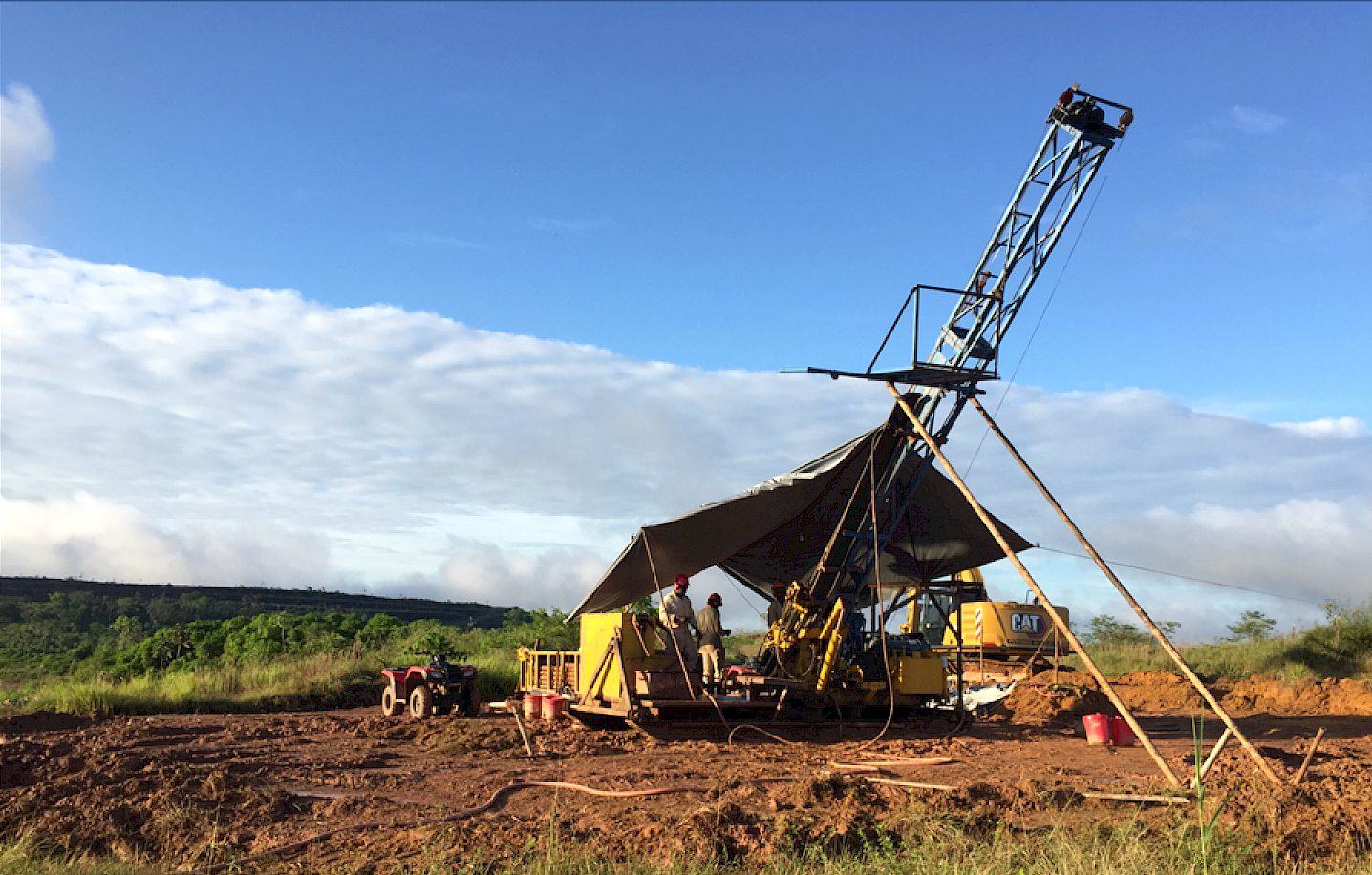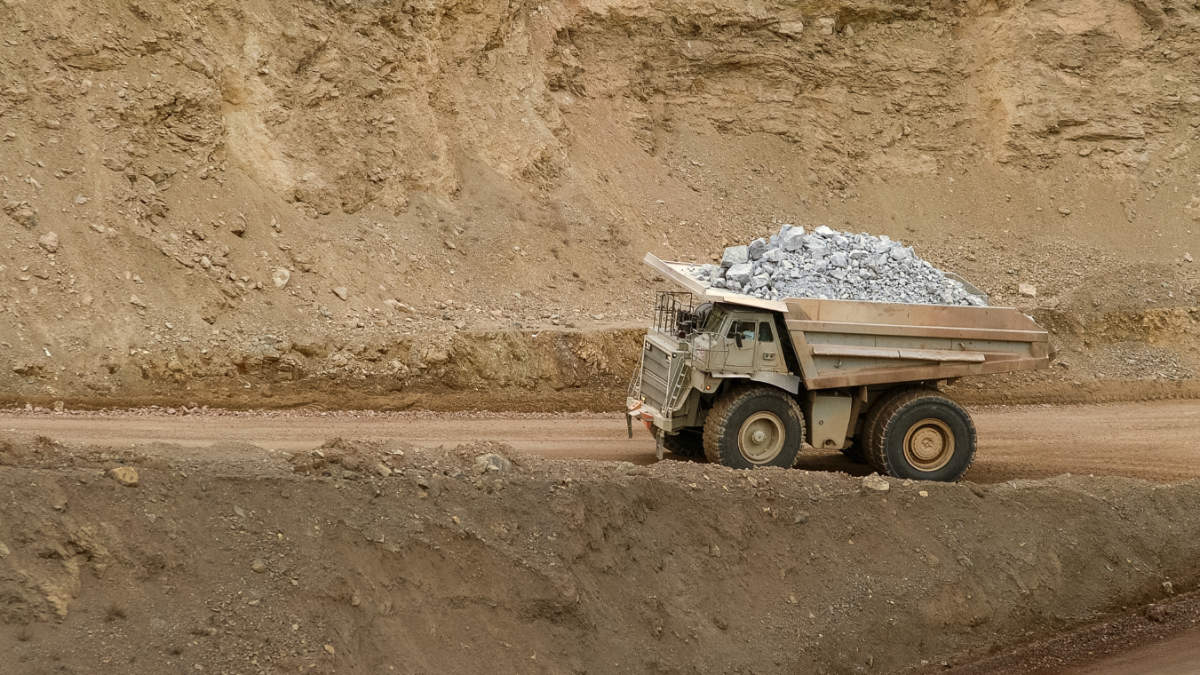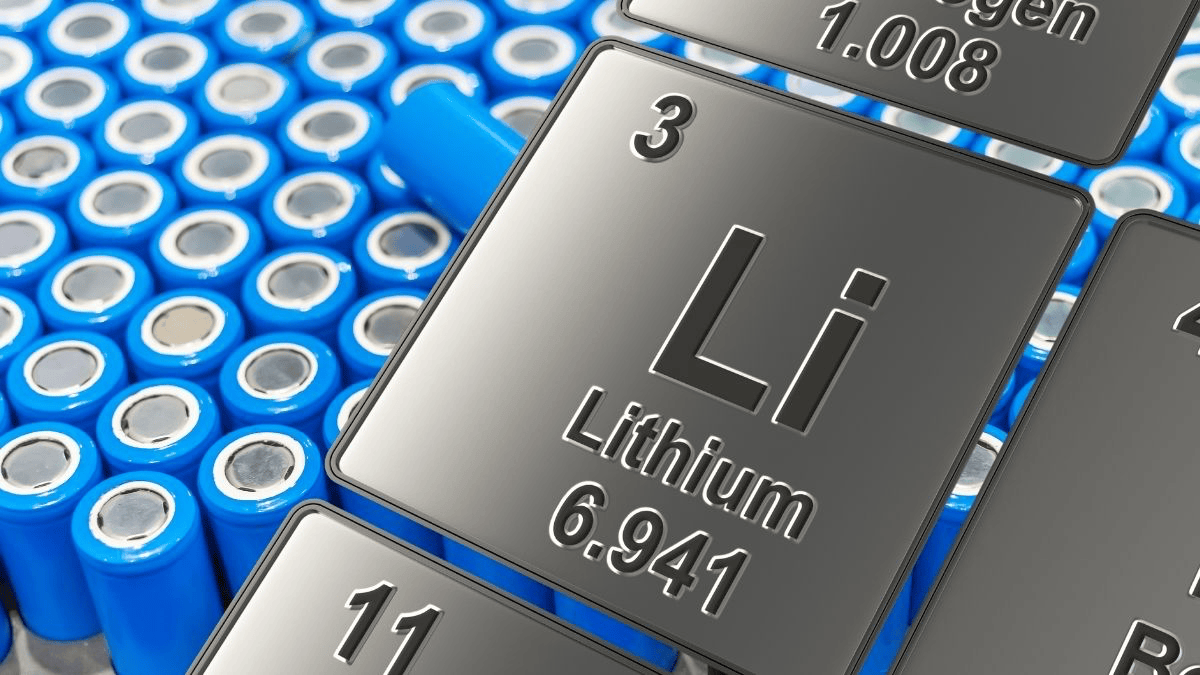Wedoany.com Report-Nov. 26, Britain has incorporated stockpiling of critical minerals into its defence procurement framework and anticipates the start of lithium processing facilities in northern England within the next few years, as part of efforts to strengthen domestic supply chains.
Member of Parliament Chris McDonald speaks during Prime Minister's Questions at the House of Commons in London, Britain, October 16, 2024.
The government published its critical minerals strategy last week, setting goals to source 10% of national demand from domestic mining and 20% from recycling by 2035. Up to £50 million in funding will support these objectives, alongside a target that no single country supplies more than 60% of any individual mineral by the same date.
Industry Minister Chris McDonald told Reuters on Tuesday that two London-based companies developing lithium refineries in Teesside are nearing final investment decisions. He expects construction to begin soon, stating the projects are "very, very close to the final stage" with "spades in the ground" anticipated in the coming years.
Britain's most significant lithium deposits are located in Cornwall, where exploration and early development activities are progressing. Additional support is required to increase production scale.
Critical minerals including lithium, copper, and nickel are essential components in electric vehicle batteries, consumer electronics, and data centres that support advanced technologies.
Minister McDonald noted that the Ministry of Defence procurement plan now explicitly includes stockpiling of critical minerals. "Part of the strategy is our [Ministry of Defence] procurement plan as well, which includes stockpiling of critical minerals," he said.
The strategy also emphasises international cooperation. Britain is coordinating with partners through NATO, the International Energy Agency, and the G7 to enhance supply-chain resilience. Opportunities for bilateral arrangements are being explored, including strengthened ties with Australia under existing frameworks such as AUKUS, where critical minerals play an important role in defence-related supply chains.
Government projections indicate that Britain's copper consumption is expected to nearly double by 2035, while lithium demand could increase by 1,100%. The country aims to establish annual lithium production capacity of at least 50,000 metric tons by that year.
Recycling forms a key element of the plan. "We've got businesses in the lithium recycling area that are planning to have operations up and running in 2026," McDonald added, highlighting initiatives designed to recover materials from used batteries and industrial waste.
Several recycling projects are scheduled to commence next year, with processing capacity expanding across Britain, Europe, and the United States. These efforts will help meet the 20% domestic recycling target and reduce dependence on primary mining.
Overall, the strategy combines increased domestic production, enhanced recycling, strategic stockpiling, and international partnerships to ensure long-term availability of materials vital for economic and defence requirements.























